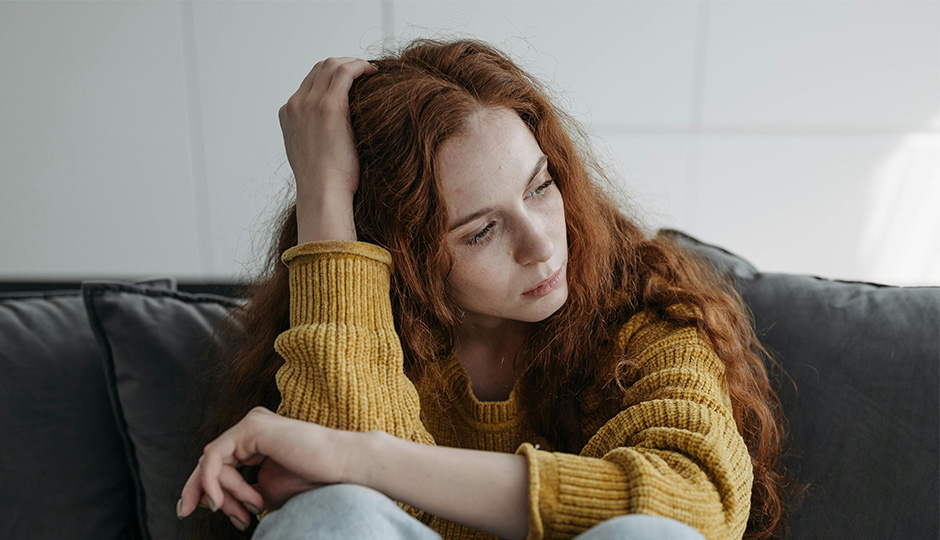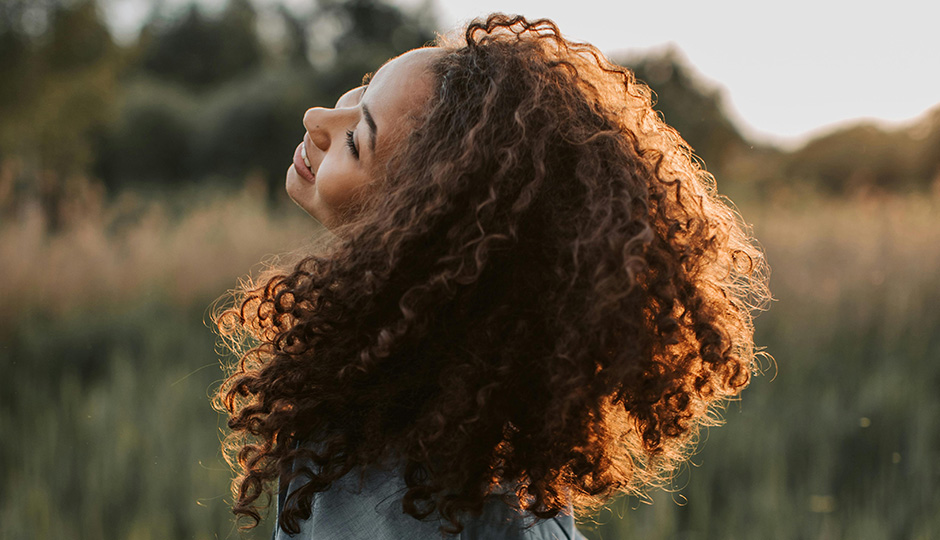When it comes to preventing hair loss and promoting healthy hair growth, what you consume can have a big effect on the overall condition and appearance of your hair. In recent years, biotin, in particular, has gained a reputation for aiding in natural hair growth and supporting beautiful, strong locks. The question is: does biotin really work for hair loss? If you're interested in preventing hair loss and increasing hair growth, here's what you should know about how biotin may benefit you.
The Connection Between Biotin & Hair Growth
Biotin, also known as vitamin H or vitamin B7, is a water-soluble vitamin that your body needs to convert nutrients into energy. It also helps in producing keratin, which plays a critical role in keeping your hair, skin, and nails healthy. While biotin has become one of the most commonly recommended supplements to increase hair growth, there is little research to support how biotin actually affects people's hair.
In some studies aimed at determining if biotin can reduce hair loss and/or increase growth, participants did see significant improvement in their hair after 90 and 180 days. However, results being attributed specifically to biotin cannot be proven since the hair growth supplements used in the studies also contained other ingredients. With that being said, it is still believed that biotin is necessary to maintain strong, healthy hair.
How Much Biotin Do I Need?
While biotin deficiencies are possible, they are extremely rare. For this reason, the Food and Drug Administration (FDA) hasn't provided a recommended dietary allowance (RDA), as they have with other vitamins. Rather, experts have offered a daily requirement for most adults of 30 micrograms to maintain their hair, skin, and nails. For people striving to promote hair growth, this number can increase to 2-5 milligrams.
For best results, it's important to consistently reach the recommended daily requirement of biotin for an extended period of time, usually between 3-6 months. Because it's water-soluble, your body will remove the biotin it doesn't need through your urine. Overdosing on biotin is unlikely, but taking too much can have negative side effects, including skin rashes and digestive problems. While biotin is safe for most people to take, it's important to discuss increasing your consumption of biotin with your doctor.
Where Can I Get Biotin?
For biotin to work, it must be consumed. While some shampoos and other products may claim to support hair growth because of biotin, there is no evidence to support that this works. Most people get the daily recommended amount of biotin simply by eating and drinking a healthy diet. If you'd like to increase your biotin consumption, incorporating more biotin-rich foods into your diet is a good place to start, including:
- Nuts & seeds
- Eggs
- Whole grains
- Fish
- Vegetables, especially mushrooms, carrots, and cauliflower
- Soybeans
If you are concerned that your diet alone does not contain enough biotin to support healthy hair growth, taking a biotin supplement may help. If you choose to take a biotin supplement to help in hair growth, be sure to consult your doctor first.
Increasing Natural Hair Growth is Possible
Biotin's role in increasing natural hair growth may not be supported by much research at this time, however, it can't hurt to incorporate more biotin-rich foods or take a biotin supplement with your doctor's approval. If you're interested increasing hair growth and improving the appearance of your thinning hair, the trusted team at LH Hair can help. As the premier hair loss studio in North Carolina, our knowledgeable team is well-equipped to help identify the potential cause of your hair loss and recommend hair restoration options for men and women that are customized to meet your unique needs. To take the first step in improving the way you look and feel with healthier hair, schedule your free consultation today!



